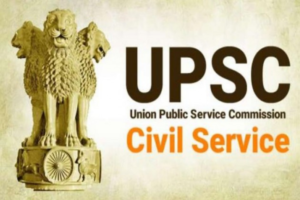
The Supreme Court, led by Chief Justice of India D Y Chandrachud along with Justices J B Pardiwala and Manoj Misra, made a significant ruling regarding the January 30 election for the Mayor of Chandigarh. In a landmark decision, the Court invalidated the election result due to irregularities and deliberate manipulation by the presiding officer, Anil Masih.
Anil Masih’s actions came under scrutiny as it was found that he intentionally nullified eight ballots that were cast in favor of the Aam Aadmi Party (AAP)-Congress candidate, Kuldeep Kumar ‘Tita’. This deliberate tampering with the voting process raised serious concerns about the fairness and integrity of the election.
In response to these findings, the Bench, while deeming the election result as “contrary to law”, declared Kuldeep Kumar as the rightful winner of the election. This decision was a testament to the Court’s commitment to upholding the principles of justice and ensuring that electoral processes are conducted transparently and without bias.
However, despite overturning the election result, the Supreme Court refrained from invalidating the entire election process. This nuanced approach indicates the Court’s recognition of the broader implications of nullifying an entire election, which could disrupt the democratic process and undermine public trust in the electoral system.

By striking a balance between rectifying specific instances of malpractice while preserving the overall integrity of the election process, the Supreme Court’s verdict underscores the importance of accountability and fairness in democratic governance. It sends a clear message that electoral authorities and officials must adhere to the highest standards of conduct to safeguard the democratic rights of citizens.
The ruling also serves as a reminder of the judiciary’s role as a guardian of democracy, tasked with upholding the rule of law and ensuring that the rights of individuals are protected against any form of injustice or manipulation. In this case, the Court’s intervention helped rectify a clear violation of electoral rules and ensured that the true will of the voters prevailed.
Moving forward, it is imperative for electoral authorities to implement robust mechanisms to prevent electoral malpractice and ensure transparency at every stage of the electoral process. This includes stringent oversight of polling stations, transparent counting procedures, and accountability measures for election officials found guilty of misconduct.
Moreover, the Supreme Court’s decision highlights the need for greater awareness and civic engagement among citizens to actively participate in the democratic process and hold elected representatives and institutions accountable for their actions. Ultimately, a vibrant and inclusive democracy depends on the collective efforts of citizens, institutions, and the judiciary to uphold the principles of fairness, transparency, and accountability in electoral practices.





